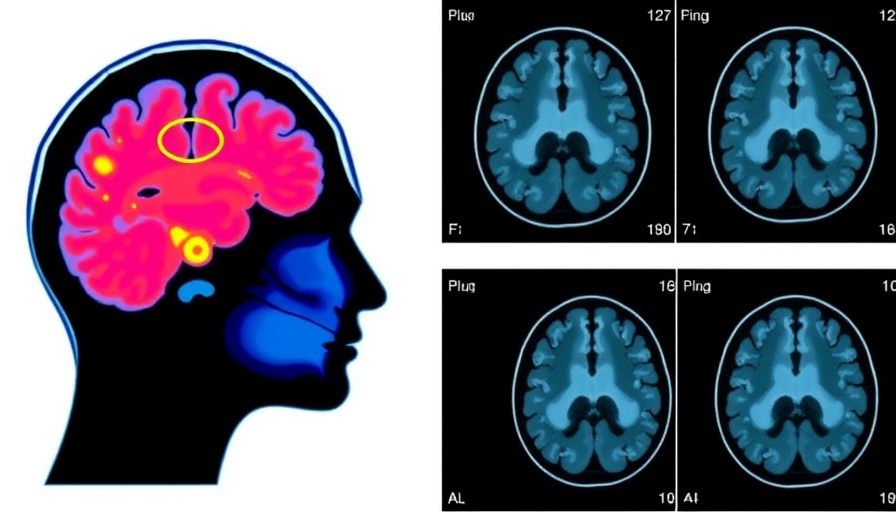
Can Artificial Intelligence Transform Shared Decision-Making in Healthcare?
Shared decision-making (SDM) is an integral part of the healthcare experience, allowing patients and providers to collaborate in treatment decisions. Yet, this crucial human interaction is showing signs of strain. As patient engagement wanes, healthcare professionals face serious challenges in maintaining effective dialogue about treatment options. This is where advancements in artificial intelligence (AI) come into play, offering innovative solutions to support patient-provider engagement.
The Vital Role of Shared Decision-Making
At its best, shared decision-making not only empowers patients but enhances their satisfaction and adherence to medical advice. Research has shown that when patients are involved in their care, they report better outcomes and higher levels of trust in their healthcare providers. However, with the increasing complexity of medical information and varying health literacy levels among patients, the traditional SDM model is struggling to maintain its efficacy.
How AI Can Enhance Patient Engagement
Recent trends indicate that AI can be leveraged to re-invigorate shared decision-making by customizing patient interactions. For instance, AI-driven platforms can analyze a patient's medical history and preferences to recommend personalized treatment options. This tailored approach addresses individual patient needs, making conversations more relevant and engaging. Tools like chatbots can also be utilized to simplify pre-appointment communication, ensuring that patients arrive prepared and informed.
Current Trends in AI Adoption
The healthcare industry is witnessing a rapid adoption of AI technologies. Tools like machine learning can help predict patient behaviors, enabling practices to anticipate questions or concerns that may arise during consultations. This proactive approach not only prepares healthcare professionals better but also empowers patients with the information they need to participate actively in their healthcare decisions.
Closing the Gap: Technology Meets Human Touch
While AI holds promise, it's crucial to remember that technology is a tool meant to enhance, not replace, human interactions. Successful integration of AI into the healthcare model will require balancing technological advancements with the fundamental elements of empathy and connection. This blend of efficiency and emotional intelligence is key to reinvigorating shared decision-making efforts.
Future Implications and Opportunities
The future of shared decision-making in healthcare holds immense potential as AI continues to evolve. As technology enhances communication and empowers patients, concierge medical practices can expect increased satisfaction and loyalty among their patients. Staying ahead of AI trends will also establish practices as leaders in patient-centered care.
For concierge medical practice owners aiming to improve their standing in the market, understanding how to effectively implement these technologies is vital. Reinvigorating shared decision-making through AI adoption not only strengthens patient relationships but ultimately leads to better outcomes for all parties involved.
Curious about how AI can specifically benefit your practice? Join the conversation and explore insights from experts and peers to make informed decisions that will shape the future of your healthcare services.
 Add Row
Add Row  Add
Add 




Write A Comment